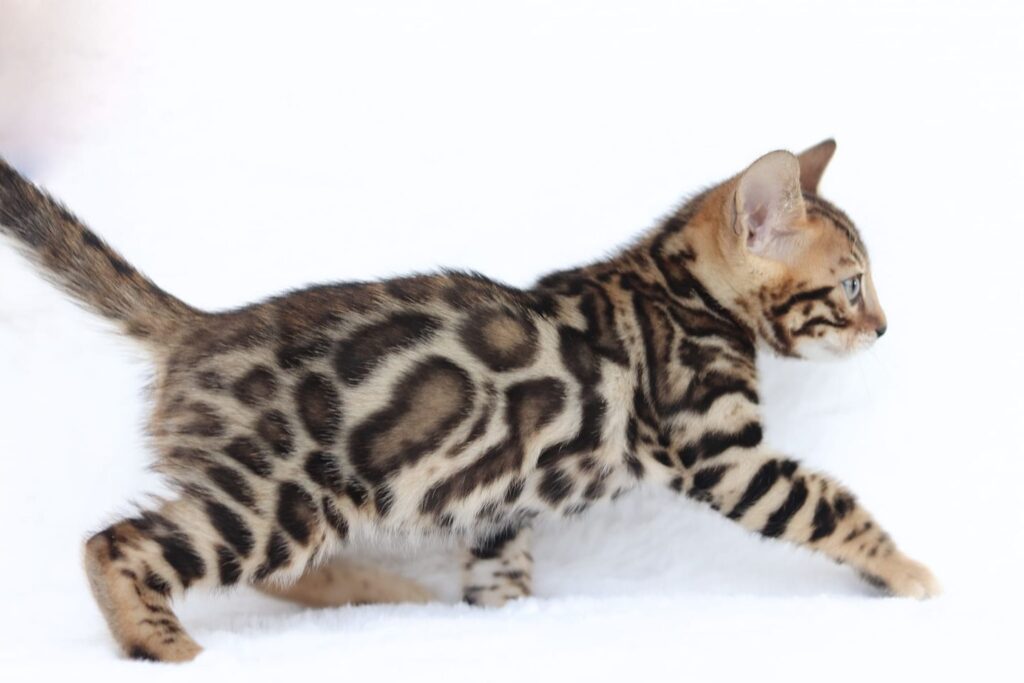Bengal cats offer a rare blend of wild elegance and domestic warmth that makes them uniquely suited for companionship. Their striking appearance, marked by rosetted coats and muscular builds, often draws initial attention, but it’s their emotional intelligence and dynamic personalities that truly set them apart. Unlike many breeds that prefer solitude or passive interaction, Bengals actively seek engagement. They follow their humans from room to room, vocalize their needs with chirps and trills, and thrive on being part of daily routines. This makes them ideal for individuals or families who value a pet that feels more like a partner than a passive presence.
Their intelligence is not just anecdotal, it’s observable in how they solve problems, learn tricks, and manipulate their environment. Bengals have been known to open doors, turn on faucets, and even mimic behaviors they observe in their owners. This cognitive sharpness means they require mental stimulation beyond the average toy. Puzzle feeders, interactive games, and even clicker training sessions can become part of a Bengal’s enrichment routine. Owners who enjoy teaching and learning alongside their pets often find Bengals to be deeply rewarding companions
Social adaptability is another hallmark of the breed. While some cats struggle with change or new environments, Bengals tend to acclimate quickly, provided they are given consistent affection and structure. They can coexist peacefully with dogs and other cats, especially those with similar energy levels. Their playful nature makes them excellent companions for children, though supervision is recommended to ensure mutual respect. Bengals are not aggressive by default, but they are assertive and communicative, which can be misinterpreted without proper understanding.
Emotionally, Bengals form strong bonds. They are not aloof or indifferent; they crave connection and often display loyalty in subtle but meaningful ways. Some will sleep beside their owners, greet them at the door, or vocalize when they feel ignored. This emotional depth makes them particularly suited for people seeking a pet that offers companionship beyond the superficial. They respond to tone, body language, and routine, often mirroring the emotional climate of the household.
From a practical standpoint, Bengals are relatively low maintenance in terms of grooming. Their short, sleek coats shed minimally and rarely mat, making weekly brushing sufficient. They are also known for their physical resilience and longevity, often living 12 to 16 years with proper care. However, their high energy levels mean they are best suited for homes that can accommodate active play and exploration. A sedentary lifestyle may lead to behavioral issues, so potential owners should be prepared to invest time and creativity into their Bengal’s daily life.
Ultimately, Bengal cats are not for everyone, but for the right person, they are extraordinary. They offer companionship that is interactive, emotionally rich, and intellectually stimulating. Their needs may be greater than those of more passive breeds, but so are the rewards. For those willing to engage fully, a Bengal cat becomes more than a pet, it becomes a partner in curiosity, affection, and daily joy
You may also like:

